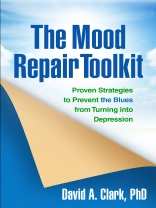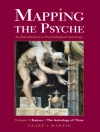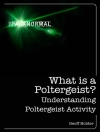If you have trouble bouncing back from low moods or just feel stuck in the doldrums much of the time, renowned cognitive behavior therapist David A. Clark has a clear message: there are simple yet powerful steps you can take to feel better. This encouraging book presents 80 strategies you can use to reduce sadness, promote positive feelings of contentment and joy, and decrease your risk for full-blown depression. Vivid stories and concrete examples help you learn specific methods for:
*Nipping negativity in the bud.
*Making unhappiness less overwhelming.
*Defusing self-criticism and rumination.
*Boosting your energy and motivation for change.
*Feeling more confident and hopeful every day.
Using the practical tools in the book–forms, worksheets, and self-assessment quizzes–makes it easy to create and stick to a mood repair action plan. You can download and print additional copies of these tools as needed. The strategies that Dr. Clark provides are grounded in cutting-edge neuroscience and psychology research–and they work. Discover proven ways to start living a more satisfying and productive life.
Зміст
CONTENTS
1. Harness Your Unhappiness
2. Go with the Flow
3. Trap Your “Tigers”
4. Silence the Inner Critic
5. Take Time to Recharge
6. Stop the Mental Treadmill
7. Capture the Moment
8. Ponder the Past
9. Embrace Your Dreams
10. Make Connections
11. Express Kindness and Compassion
12. Get Active, Stay Fit, and Be Well
13. Face Your Dread
14. Sing in the Rain
15. Take the Long View
Resources
References
Про автора
David A. Clark, Ph D, is Professor of Psychology at the University of New Brunswick, Canada, where he also has had a private practice for 25 years. Dr. Clark is a widely recognized authority on cognitive behavior therapy for anxiety and depression and is the author of numerous books, including
The Anxiety and Worry Workbook (with Aaron T. Beck) and
Overcoming Obsessive Thoughts (with Christine Purdon). He is a Founding Fellow of the Academy of Cognitive and Behavioral Therapies and a Fellow of the Canadian Psychological Association.












